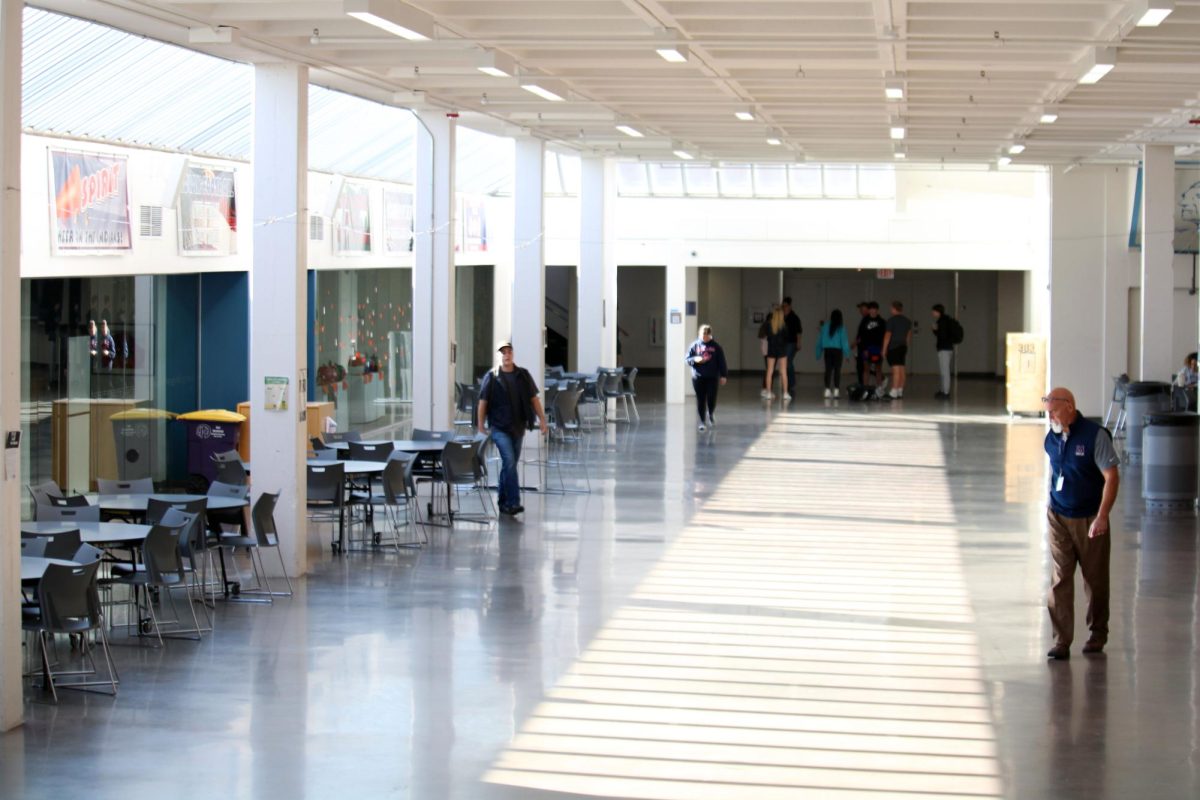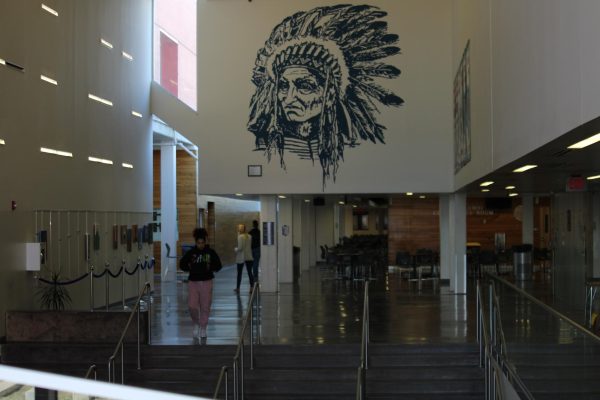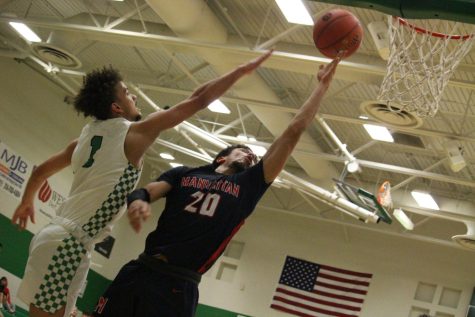WorkKeys should be valued by students
March 2, 2020
For the first time this year, MHS administered a free ACT WorkKeys test to all Manhattan High juniors who did not opt out of the program along with the regular ACT test. As the test was on an opt-out basis, more students who don’t intend to directly enter the workforce took the assessment. Much of the student body either complained about the waste of time or didn’t attend the test at all.
It is the opinion of The Mentor Editorial Board that students should place more value in WorkKeys. Work skills are equally important to college skills when it comes to careers and student’s futures, so taking the test and seeing the results will benefit all students as everyone will eventually enter the workforce.
Workplace skills are often undervalued in American life and education. Having a good grasp of the three WorkKeys core areas — applied math, graphic literacy and workplace documents — are important to balance with pure academics. Not all students, in fact not most students are destined to enter careers in advanced sciences or languages tested on the ACT. While college skills are important for some, it seems illogical that school and society puts so much emphasis on strict academics. It’s not to say that pure academics are useless. A general education is still important. The flaw is when knowing the why taught in typical academia is ranked so highly above knowing how to apply that in the real world.
Students taking the test gives MHS administration the ability to determine if students are ready to enter adult lives and build the curriculum around where students are lacking. Using these results, they can better prepare students for adulthood through programs like advisory. Students can also learn from the results. Nobody knows what skills they lack until it comes to the test, and it’s better to find that out in a quiet room with a bubble sheet than in an important situation such as a job interview. While it is true that hands-on work is difficult to measure from a test, and they are often inaccurate, they can give a general idea of students strengths and weaknesses before entering the work force.
The test is provided for free via a grant from the state to every junior who wants to participate. Why not take the opportunity? If students don’t do well, the scores aren’t public domain, so it has no negative effect. If they do well, it is at the very least a resume builder, at most the key to landing a job.
Currently, 16 Manhattan businesses recognize or recommend WorkKeys results and the number is growing across the country. The scores earned from a free test dubbed “easy” that takes all of one morning students would be spending in school anyway could land them a future job. The relatively minimal hassle seems worth it.
Since the test is paid for by a grant, the money will only be available so long as students capitalize on the opportunity. If college-bound youth blow off the chance, the kid who is going into the workforce and whose family can’t pay for the test or aren’t aware of the the WorkKeys is set behind.
All students, from those who never finish high school to those that go on to earn PhDs, will eventually enter the workforce. Even college bound students will need skills measured by the WorkKeys in their later lives if they’re lucky enough to not need a job in college, or more commonly these abilities will put to use paying for university.
Knowing skills tested by WorkKeys can only be a benefit, so why don’t students seem to care? Possibly due to misinformation or lack of interest. Whatever it is, the test should be given much more value by MHS students in the future.












